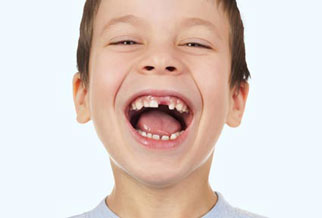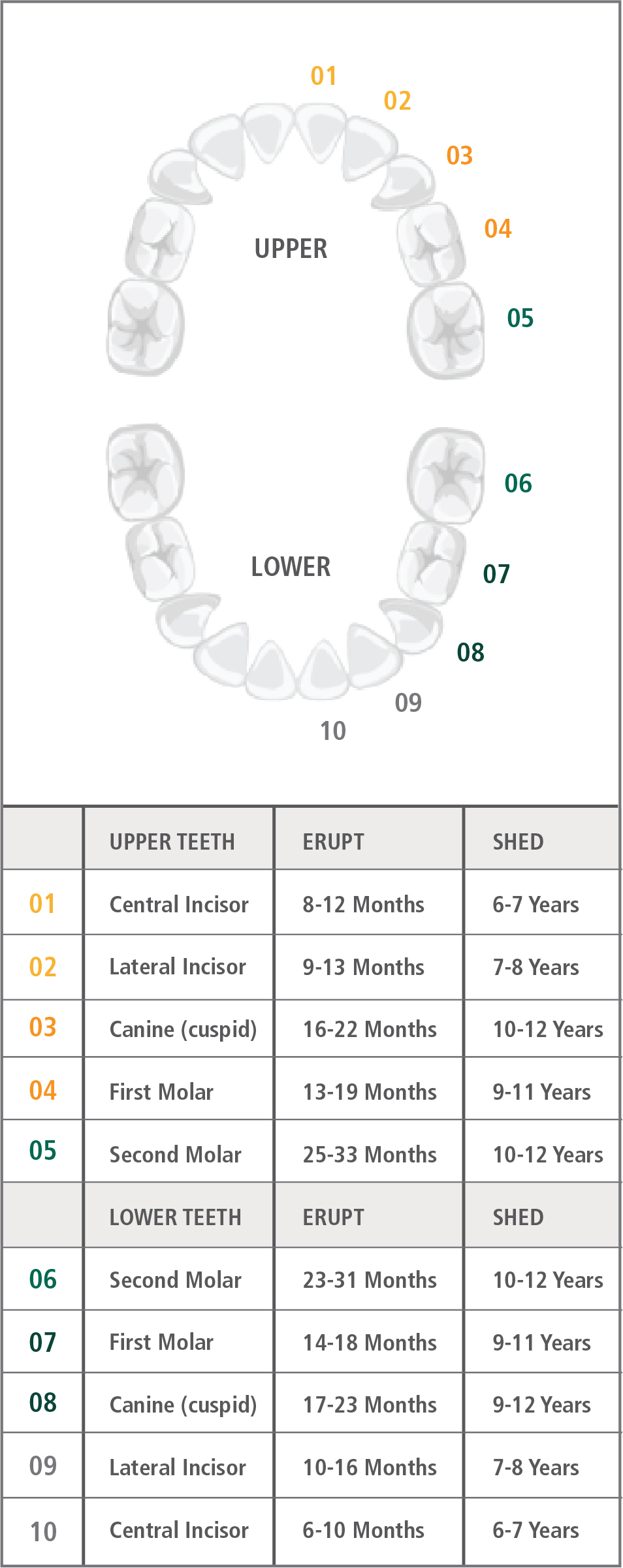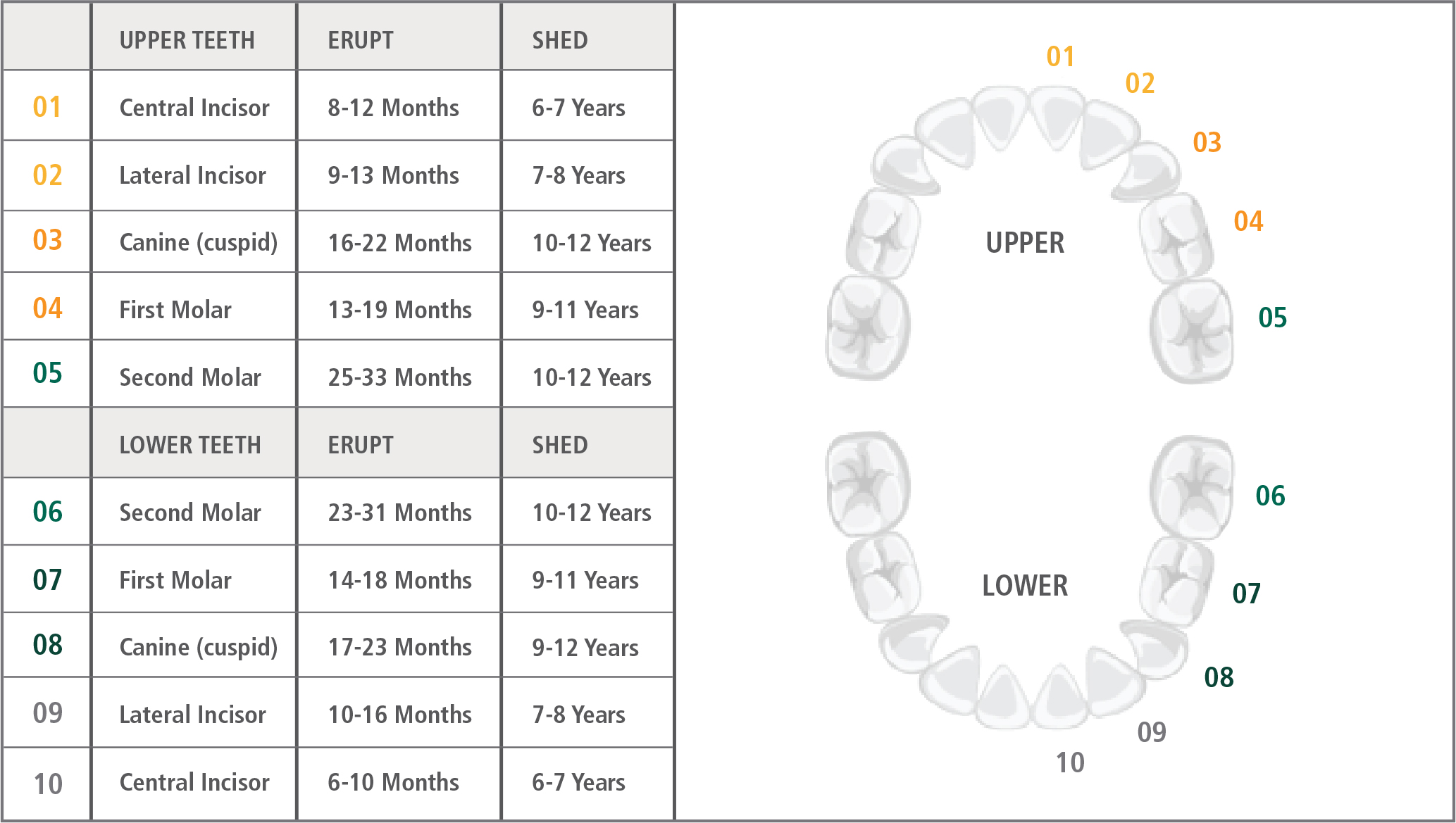Children's Dentistry
Establishing a relationship with a dentist for your child within 6 months of the first tooth eruption, or by his/her first birthday is an important step to ensure a lifetime of healthy smiles. Additionally, children often have different needs than adults, making it important to find a dentist who understands children.
Early childhood screenings include:
- Evaluation of eruption and growth patterns to see how the teeth are growing into the mouth
- Education for parents on proper care for the child's teeth and gums
- Dietary counseling, including discussion on proper foods and beverages
- Individualized preventive dental health program based on risk for decay and gum disease
- Education on what to do in a dental emergency

Space Maintainers
Proper growth and development is an important aspect of total body health. If a child loses a baby tooth early through decay or injury, other teeth could shift and cause crowding or filling of the vacant space. This can prevent permanent teeth from growing properly or cause problems with chewing and speaking.
To prevent this, space maintainers are placed to hold the spot left by the missing tooth. This could be a band or temporary crown attached to one of the adjacent teeth. Later, as the permanent tooth grows into the spot, the space maintainer is removed.
Find an Office >
Oral Healthcare Recommendations & Tips For Parents
- Children should visit a dentist within 6 months of the eruption of their first tooth or by age one
- Bottles at bedtime ONLY with water. Napping or sleeping with juice or milk can cause childhood tooth decay
- Early visits create a lifetime of good habits
- Drink from a cup after age one - wean from the bottle between 12-14 months
- Thumb sucking after age 2 can create crowded, crooked teeth or bite problems - the dentist can help with prolonged thumb sucking habits
- No sugary substances on pacifiers
- Limit frequency of sugary snacks and juices
- Use the correct size toothbrush and only a pea-size amount of toothpaste for children
- Clean gums while teeth are erupting
- Parental supervision - monitor brushing and flossing with kids up to about age 8, when their dexterity gets better
- Fluoride - be sure children are receiving the proper amount. Talk to your dentist
- Cavity causing bacteria can be passed to children from adults - do not clean pacifiers or utensils with your own mouth and then give them to children

Tooth Eruption Chart: The Developing Smile
Establishing a relationship with a dentist for your child within 6 months of the first tooth eruption, or by his/her first birthday is an important step to ensure a lifetime of healthy smiles. Additionally, children often have different needs than adults, making it important to find a dentist who understands children.


